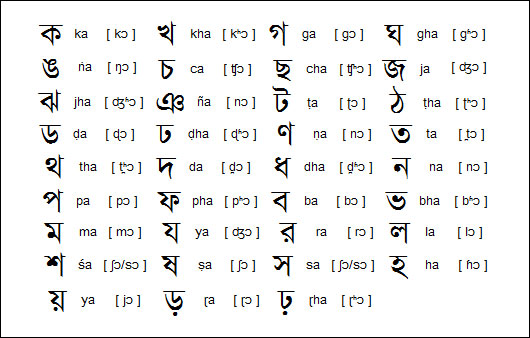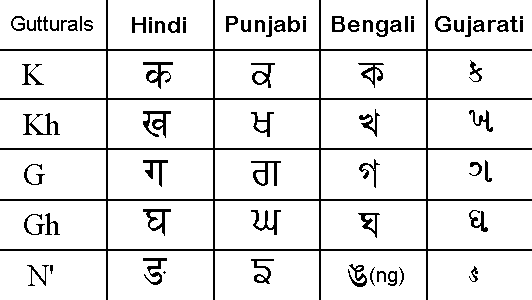


In standardized transliteration, we use the letter a in all cases. (1) Bengali a is pronounced like a short o sound like in "box." At the end of most words it is not pronounced, except after conjunct consonants.

The main characteristics of these two systems are the following We use the utility DiCrunch for conversion ( ) so anyone wishing to convert to Bengali script can use this app to do so. The standardized scholarly system (italicization and diacritics) will therefore be used in these cases. However, in wholesale quotations of songs, we are using the standardized scholarly system which has the advantage of being convertible to the Bengali script. These will not be changed when used in an English sentence. Some Sanskrit/Bengali words have already been adopted by devotees - karma, yoga, bhakti, seva, Nabadwip, Vrindavan, Krishna, Radha, swami, Bhagavan, etc. In Another Side of Thakur Bhaktivinoda, Sanskrit verses, though written in Bengali script and pronounced by Bengalis according to their regional variations, are transliterated according to the Sanskrit transliteration conventions. To italicize and use diacritic marks throughout his writing becomes overly heavy, so we have decided to change our styles policy and for the most part will treat Bengali words using a natural spelling as though they were adopted English words.Īlthough Bengali and Sanskrit have fundamentally the same alphabet, there are numerous differences in pronunciation. At any rate, even if I totally surrender to his will, there is still a need for consistency, etc.īengali pronunciation differs from standard Sanskrit pronunciation and this is indicated in the impromptu spellings that he uses. This has led to conflicts between us when I worked on his books, like the Govinda-līlāmṛta. A feature of Gadadhar Pran Prabhu's writing is the heavy use of Bengali or Sanskrit words.


 0 kommentar(er)
0 kommentar(er)
